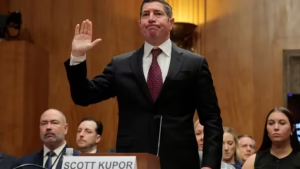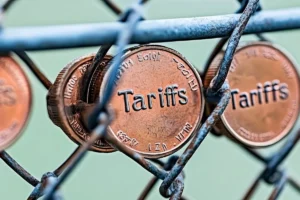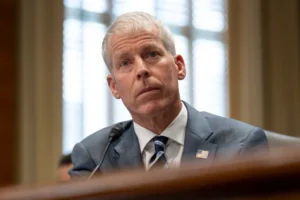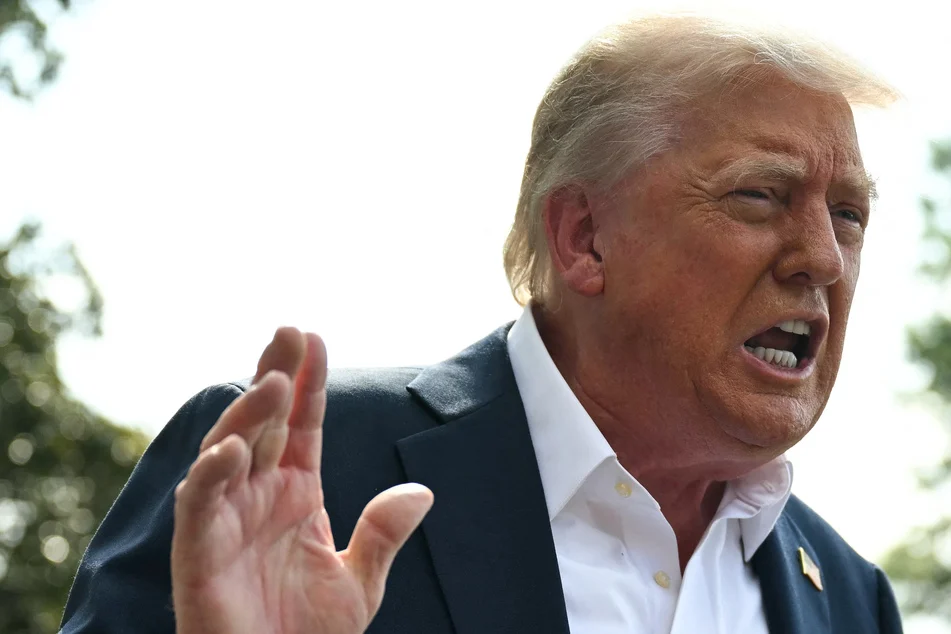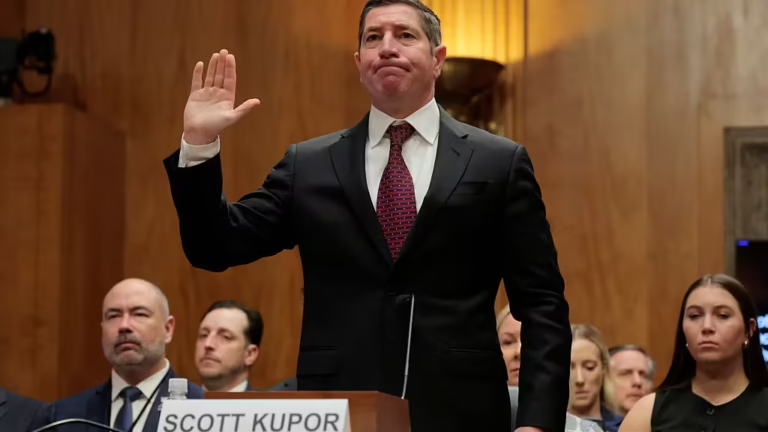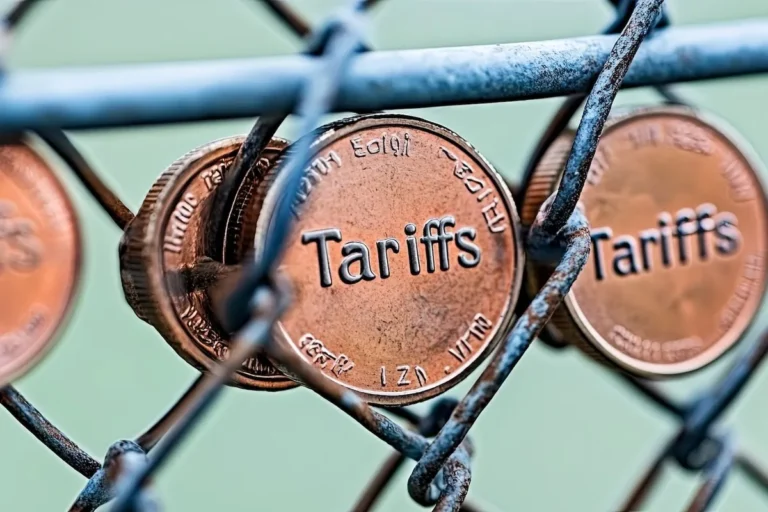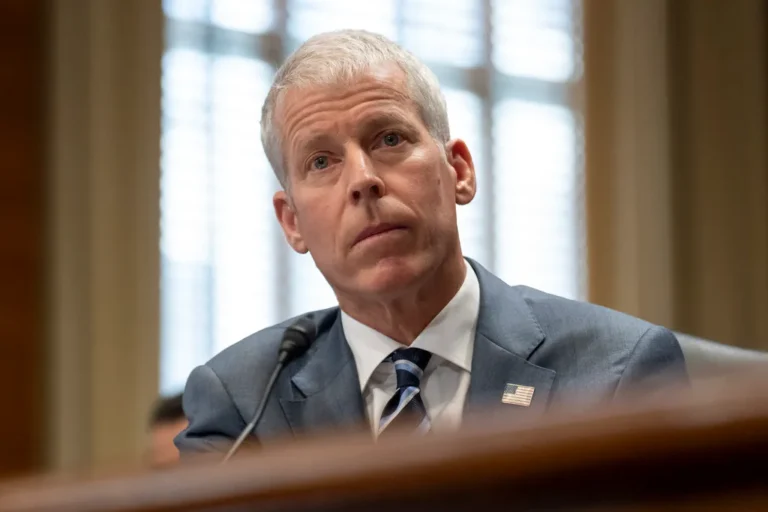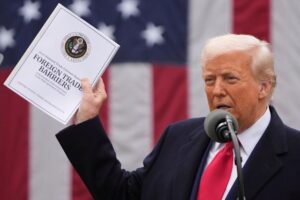August 1 Deadline Looms as Allies Scramble for Trade Deals
Trump Escalates Global Trade War, President Donald Trump has once again ignited global trade tensions by announcing sweeping new tariffs. Beginning August 1, a 30% tariff will hit all imports from the European Union and Mexico. The move follows failed trade negotiations and represents a major escalation in Trump’s America First economic agenda.
Letters to Allies Signal Sharp Shift in Strategy
In formal letters posted on Truth Social, Trump directly addressed EU Commission President Ursula von der Leyen and Mexico’s President Claudia Sheinbaum. He made clear that the 30% tariffs are separate from previously announced sectoral tariffs — such as 50% levies on steel and aluminum, and 25% on automobiles.
This broad-based tariff expansion reflects Trump’s hardline stance. Negotiators now face an urgent August 1 deadline to reach new agreements or suffer the consequences of increased trade barriers.
Global Markets Brace for Impact
Trump’s aggressive tariff move comes even as financial markets hover near record highs. Investors, however, are uneasy. Similar announcements in April spooked global markets before Trump paused implementation. This time, with the economy booming, the White House appears determined to follow through.
The European Union and Mexico swiftly condemned the new tariffs. Both declared them unfair and disruptive, while pledging to continue negotiating. But neither gave signs of meeting Trump’s demands before the looming deadline.
Tariffs Now Core to Trump’s Economic Arsenal
Trump has sent similar tariff threats to 23 other nations, including Canada, Japan, and Brazil. The blanket rates range from 20% to 50%, including a 50% levy on copper imports.
Tariffs have become central to Trump’s economic and geopolitical strategy. They’re not only a tool for trade leverage — they’re now a massive source of government revenue. U.S. customs duties have surged past $100 billion in the current fiscal year, according to Treasury Department figures.
European Union Responds with Firm Warning
EU President Ursula von der Leyen warned that the tariffs would severely disrupt transatlantic supply chains. She cited serious risks for consumers, manufacturers, and healthcare providers on both sides of the Atlantic.
“The EU will take all necessary steps to safeguard its interests,” von der Leyen said. She hinted at proportionate countermeasures if no resolution is found before August.
While Germany is pushing for a quick deal to protect its industrial base, other EU members, including France, are resisting any agreement that appears one-sided in favor of the United States.
Mexico Pushes Back Against “Unfair” Treatment
Mexico, whose economy is tightly linked to U.S. trade, also condemned the tariffs. The country sends over 80% of its exports to the U.S. and recently surpassed China as America’s top trade partner.
At a recent bilateral meeting, Mexican officials were informed of Trump’s new plan. “We mentioned at the roundtable that it was unfair treatment and that we did not agree,” the Mexican economy ministry said in a statement.
Fentanyl Narrative Shapes Tariff Policy
In his letter to Mexico, Trump cited fentanyl trafficking as a reason for the tariffs. He acknowledged Mexico’s cooperation on border issues but claimed more needed to be done to stop drug cartels.
“Mexico still has not stopped the Cartels who are trying to turn all of North America into a Narco-Trafficking Playground,” Trump wrote.
Interestingly, despite Canada’s lower fentanyl trafficking numbers, Trump imposed a 35% tariff on Canadian imports — a higher rate than Mexico’s.

U.S. Trade War Reaches Critical Juncture
The administration claims these moves are part of a long-term plan to reset global trade norms. Trump insists the U.S. trade deficit must shrink, and foreign nations must open their markets completely in return.
His letter to the EU demanded that the bloc allow “complete, open Market Access to the United States, with no Tariff being charged to us.”
But global backlash is intensifying. Japanese Prime Minister Shigeru Ishiba has warned of the need to reduce reliance on the U.S., while some European nations are considering alternative defense partnerships and suppliers.
Security Ties Under Pressure
The tariff dispute is not only an economic fight — it’s becoming a strategic one. Canada, Japan, and other allies are now reassessing their security ties with Washington.
Talks are underway within the EU to explore sourcing military hardware from non-U.S. suppliers, a direct reaction to Trump’s economic pressure campaign.
Conclusion: Trade Tensions at Boiling Point
As the August 1 deadline nears, the world is watching. Trump’s expanded tariffs are shaking the foundations of international trade and alliance structures. If no compromises are reached, a new era of global economic fragmentation may be underway — one with lasting consequences for diplomacy, security, and the global economy.
For more latest news checkout our website: usnewsinsight

